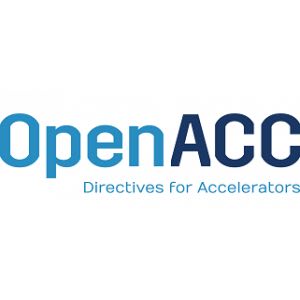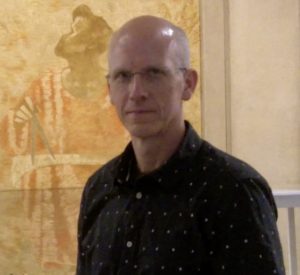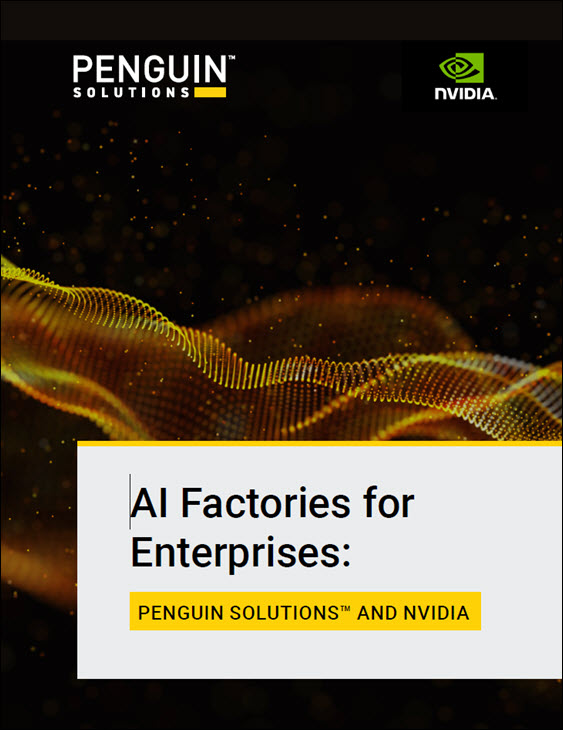Today OpenACC.org announced a newly elected vice president reflecting increased user influence within the organization. Additionally, the organization announced its 2019 Annual Meeting will be hosted by RIKEN Center for Computational Science (RIKEN R-CCS) in Japan, as well as the schedule of upcoming hackathons and bootcamps around the world.
OpenACC is a directive-based programming model designed to provide a simple on-ramp to parallel computing on CPUs, GPUs, and other devices. Created by scientists for scientists, OpenACC was designed with usability, portability and performance in mind. With over 200 applications using OpenACC, its ever-growing community is able to spend more time advancing science and less time programming.
New OpenACC Vice President
OpenACC board members have voted to elect Jack Wells, Director of Science at Oak Ridge Leadership Computing Facility (OLCF), as the new vice president of the OpenACC organization. Dr. Wells’ expertise in scientific domains, coupled with his advocacy for high performance computing (HPC) and user focus, will ensure the OpenACC community has a unified and significant voice in the ongoing development of the specification. This position will have significant influence over the Organization’s development, helping to expand OpenACC adoption within the scientific community.
OpenACC is a very user focused organization where the community’s needs come first,” said Jack Wells, incoming vice president. “With an ever-changing landscape of CPUs, GPUs, and other accelerators, scientists are constantly adopting and learning new programming models to continually advance their scientific endeavors. As Director of Science of one of the world’s largest computational research institutions, I’ve seen how valuable the OpenACC organization’s contributions are to enabling users to achieve better and faster scientific results, regardless of the computing architecture used. With OpenACC’s growing adoption across key HPC applications and by focusing on user needs, I believe we can make a positive difference in the scientific community.”
OpenACC Annual Meeting
 Every year, researchers and scientists gather together at the OpenACC Annual Meeting to discuss how to improve the specification, help accelerate their efforts using the OpenACC programming model, as well as grow the OpenACC organization and community. This year’s meeting will be held at RIKEN R-CCS in Kobe, Japan.
Every year, researchers and scientists gather together at the OpenACC Annual Meeting to discuss how to improve the specification, help accelerate their efforts using the OpenACC programming model, as well as grow the OpenACC organization and community. This year’s meeting will be held at RIKEN R-CCS in Kobe, Japan.
Japan is one of the world’s leaders in HPC with interest in a number of architectures employed to accelerate science” said Mitsuhisa Sato, Deputy Director, RIKEN Center for Computational Science, “Although our next flagship supercomputer ‘Fugaku’ will not have any accelerators, we believe that the OpenACC programming model will be important for our center’s research to explore the future direction of programming models to increase performance and portability. We are honored to host the OpenACC Annual Meeting this September at RIKEN R-CCS, and welcome attendees from Europe, North America, Japan, India, Korea, and other regions around the world.”
The 2019 OpenACC annual meeting has grown into an HPC event featuring a variety of talks including keynotes by Jack Wells, incoming vice president of OpenACC and director of OLCF, and Mitsuhisa Sato of RIKEN R-CCS, a full-day OpenACC GPU bootcamp designed to help jumpstart scientists interested in using GPUs with hands-on experience using real life codes, talks from luminaries from Osaka University, University of Tsukuba, Japan Aerospace Exploration Agency (JAXA), India Institute of Technology Bombay, and the Korea Institute of Science and Technology Information, as well as a series of member meetings. The 2019 Annual Meeting is partially open to the public and accepting registrations.
Hackathons and Bootcamps
OpenACC has been spearheading global hackathon events in collaboration with Oak Ridge National Laboratory, and other organizations. For 2019, a record 16 hackathon events have been scheduled worldwide, demonstrating the growing interest and need from the community.
Over the years, these hackathons have attracted scientists and application developers who have GPU-accelerated parts of over 200 applications using a variety of parallel programming models. OpenACC has been the most popular model for people who are just starting with GPUs. The call for applications is open for teams of scientists looking to accelerate their codes on GPUs with OpenACC or other programming models.
Additionally, OpenACC introduced a series of one or two-day GPU Bootcamps. GPU Bootcamps help to prepare participants interested in learning how to start GPU accelerating their applications, and ready them for full hackathons. Upcoming bootcamps are scheduled at ISC, in Taiwan, India, Japan, United States and Europe. List of upcoming events and registration information.





